Real Communism (Olavo de Carvalho)
https://olavodecarvalho.org/o-comunismo-real/
Real Communism
In the dictionaries and in the minds of the semi-illiterate folks in the universities, the difference between capitalism and communism is that of a “mode of production,” or more specifically, that of the “ownership of the means of production” — private in one case, public in the other. But that is the self-definition communism gives of itself: it is an ideological slogan, a rallying symbol for militants, not an objective definition. If even the opponents of communism accept it, that only proves they have been mentally dominated by those who hate them — and that domination is precisely what, in the vocabulary of communist strategy, is called hegemony.
Objectively, the complete nationalization of the means of production has never existed and never will: it is a pure and simple economic impossibility. Ludwig von Mises already demonstrated this in 1921, and after a few weak protests, the communists gave up trying to contest him: they knew, and still know, that he was right.
In all the world’s communist regimes, a considerable portion of the economy has always remained in the hands of private investors. At first, clandestinely, under the tolerant eye of a government fully aware that the economy would not survive otherwise. Later, openly and officially, under the name of perestroika or whatever other label. Everything indicates that the participation of private capital in the economy was even greater in some communist regimes than in several nations considered “capitalist.”
This shows, with the utmost clarity, that communism is not a mode of production, not a system of ownership of the means of production. It is a political movement with a totally different objective, and to which the symbol of “public ownership of the means of production” serves merely as a hypnotic pretext for mass control: it is the carrot that leads the donkey here and there, without it ever reaching — or being able to reach — the much-promised and utterly unfeasible “communist mode of production.”
However, while they left private enterprise alone — knowing that the economy is by nature the least controllable part of social life — all communist governments on all continents did everything within and beyond their power to control whatever was controllable, whatever did not depend on unpredictable contingencies but on the functioning of a few channels of action directly accessible to government intervention.
These channels were: political parties and movements, the media, public education, religion, and cultural institutions. By dominating a limited number of organizations and groups, the communist government could thus directly control the politics and behavior of the entire civil society, without the slightest need to impose an impossible, equally draconian control over the production, distribution, and trade of goods and services. This is the real definition of communism: effective and total control of civil and political society, under the pretext of a “mode of production” whose advent is, and must remain, postponed for all eternity.
The real practice of communism brings with it the total denial of its foundational theoretical principle: the idea that politics, culture, and social life in general depend on the “mode of production.” If they did, a communist government could not survive for long without fully nationalizing the ownership of the means of production. Quite the contrary: communism has only survived — and still survives — because of its ability to indefinitely postpone the fulfillment of that absurd promise. Therefore, this is not its essence nor its definition: it is the false pretext it uses to dictatorially control society.
To betray its promises is not, therefore, a “deviation” from the communist program: it is its essence, its permanent nature, the very condition of its survival. Understandably, this duplicitous and slippery character is what allows it to fool not only its mass of followers and militants, but even its declared enemies: capitalist entrepreneurs. As soon as they are persuaded of the Marxist precept that the mode of production determines the course of social and political life (and it is nearly impossible for them not to be, since the economy is their own field of action and the focus of their interests), the conclusion they draw is that, as long as there is a certain margin for private initiative, communism will remain a vague, distant, and even purely imaginary threat.
Meanwhile, they let the communist government invade and dominate increasingly broader areas of civil society and politics, until the point is reached where the only freedom left — for a few, certainly — is the freedom to make money. Provided they behave and don’t use money as a means to gain other freedoms.
At the first sign that a businessman, confident in his wealth, dares to have his own opinions, or allows his employees to have theirs, the government makes sure to remind him that he is nothing more than the provisional beneficiary of a state concession that can be revoked at any moment. Mr. Silvio Santos is just the latest to receive that message.
This is how a communist government goes on dominating everything around it, without anyone willing to admit they’re already living under a communist dictatorship. Behind the scenes, the more experienced communists laugh: “Ha! Ha! These idiots think we want to control the economy! What we want is to control their minds, their hearts, their lives.”
And they already do.
0



 Sant77
Sant77
 NerokeFive
NerokeFive
 Timcast IRL
Timcast IRL
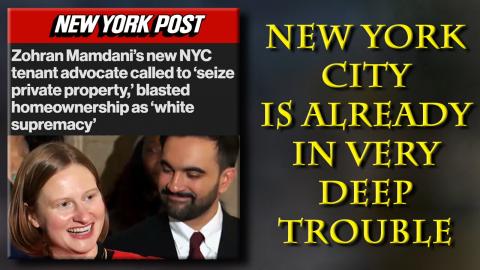
 Better Bachelor
Better Bachelor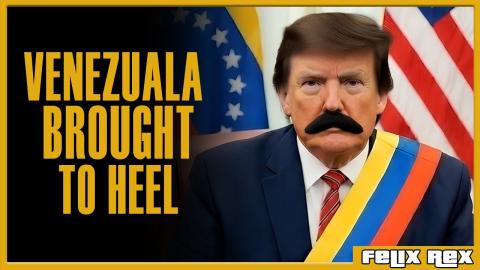
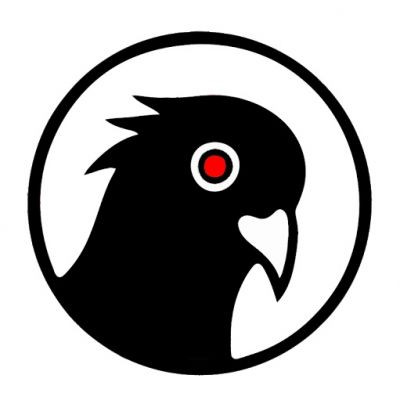 Black Pigeon Speaks
Black Pigeon Speaks
 RT
RT
 RedKnight
RedKnight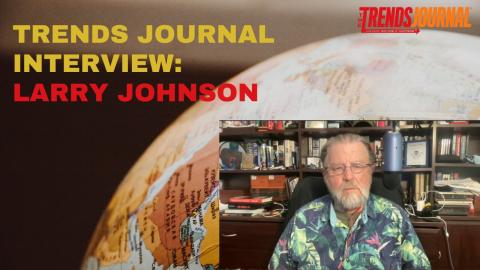
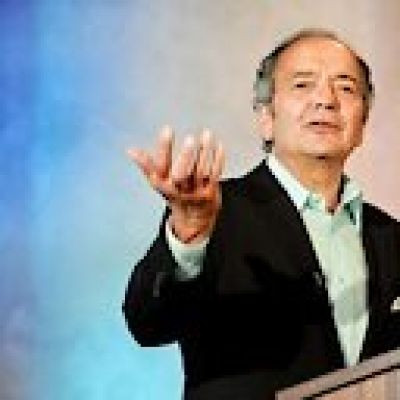 GeraldCelente
GeraldCelente
 TheRareBreedTheory
TheRareBreedTheory

 SoloMan Zone
SoloMan Zone
 Freshfit
Freshfit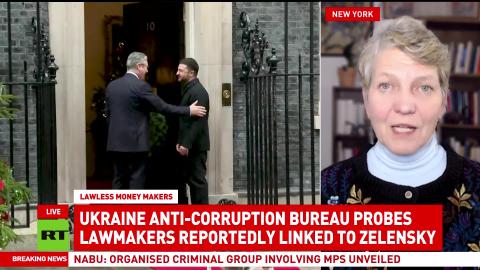


 Life_N_Times_of_Shane_T_Hanson
Life_N_Times_of_Shane_T_Hanson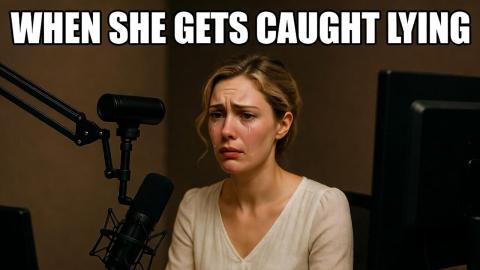
 Angry Guy
Angry Guy
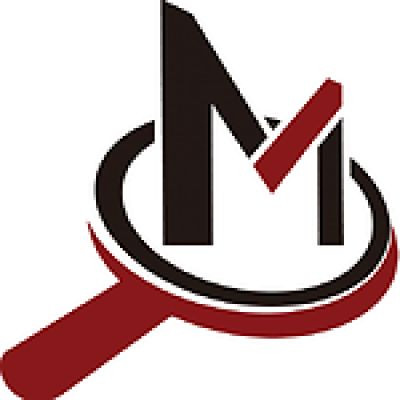 The Muslim Skeptic
The Muslim Skeptic
 TheSaltyCracker
TheSaltyCracker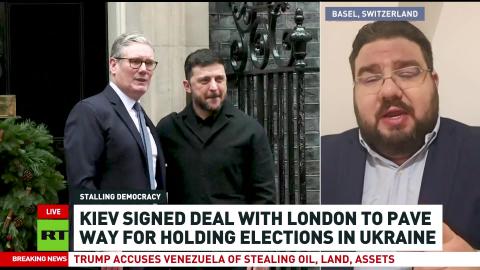


Log in to comment